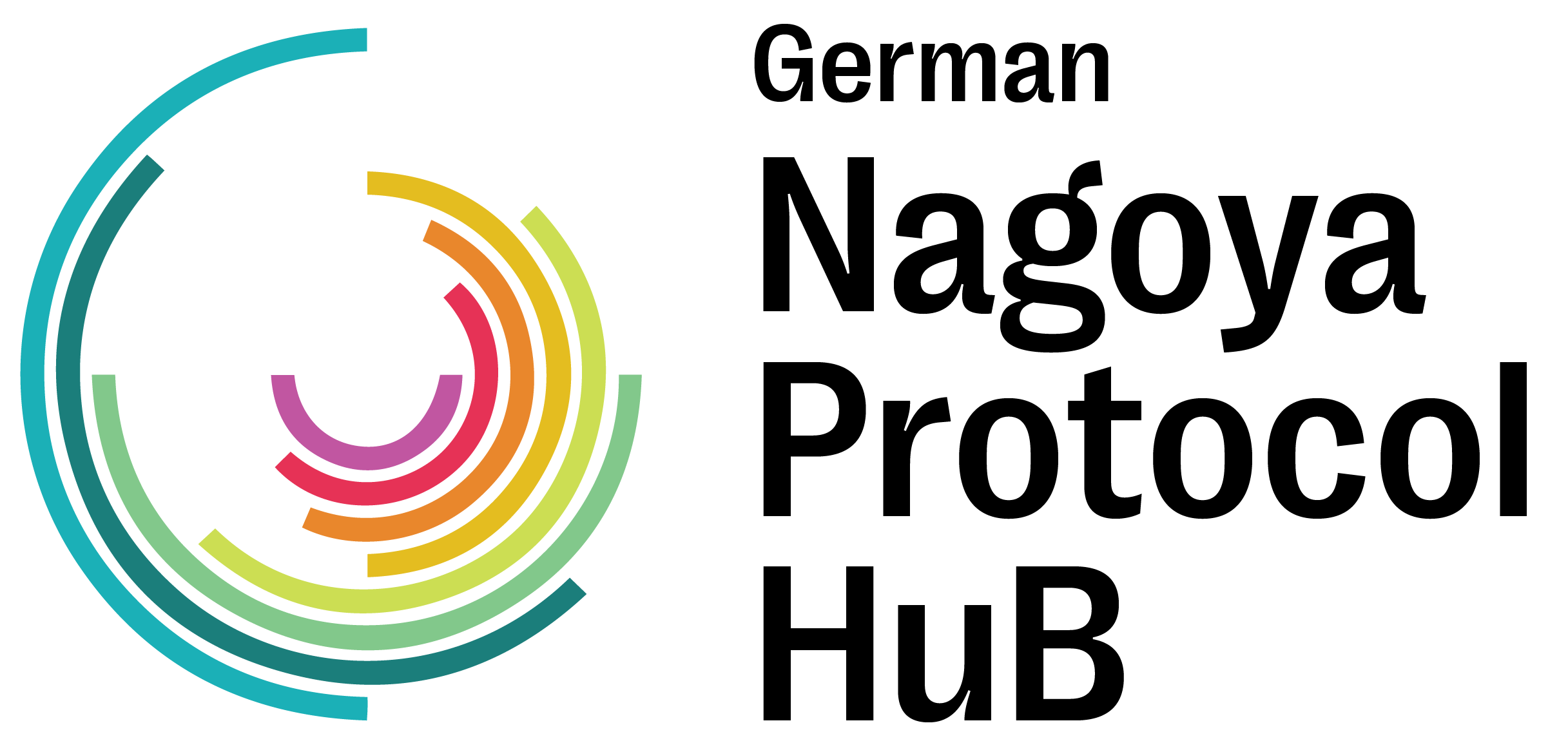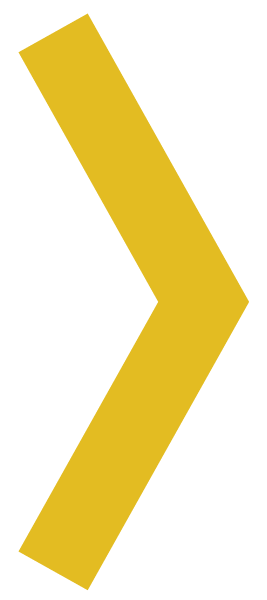ABS stories
Learning from experience: South Africa
Institution: A museum in Germany
Biological material: Turtles, tortoises
Research field: Conservation biology, evolution, genetics, genomics
Research: Basic, non-commercial
Focus: Conservation genetics and systematics of tortoises and turtles. This research formed part of a long term collaboration that has been running for approximately 15 years.
Collaboration partner: There were three collaboration partners in total, two in South Africa (research institute and university) and the museum (research institute) in Germany. The material was shared by all of the collaboration partners.
Collection: The material was collected in the field by scientists from the German institution. Additional material was also provided by the collaboration partners in South Africa.
Funding: Several private funding organizations
Photos: M. Vamberger
ABS Process
Time needed for first response from the National Focal Point: 10 working days
Amount of time invested full time in the process: 4 weeks
Time needed until all ABS documents were obtained: 10 months
ABS documents obtained: Addendum for each CITES Permit
Other documents obtained: Collection permit, CITES permit (export and import)
Before starting with the ABS process, the South African collaboration partner leading the research made enquiries about ABS on behalf of the whole project. This collaboration partner was primarily involved in obtaining the required documentation.
Cape Nature was the responsible authority. It was advised by the national ABS Focal Point that an Addendum to the CITES permits would be sufficient to satisfy the ABS requirements. This Addendum specifies relevant conditions, e.g. the use of the material is restricted to non-commercial research purposes, transfer of the material to third parties is not possible without the prior consent of Cape Nature, and Cape Nature is to be notified if new collaboration partners join the collaboration. This Addendum is attached to every CITES permit obtained in order to export the samples from South Africa to Germany.
Information about ABS in South Africa can be obtained from the Access and Benefit-Sharing (BABS) Clearing House of the Republic of South Africa.


Photos: M. Vamberger
Benefit-sharing
The benefit-sharing obligation is stipulated in the addendum. The researchers are required to report regularly on their progress.
Advice for other researchers obtaining biological material from South Africa
In the beginning, the German researchers were unsure about how to go about the ABS process and there was a delay with starting their research but overall the ABS process went well and a good working relationship has been established with the relevant authorities in South Africa.
What do they suggest?

Start early with informing yourself about ABS, how it applies to you and the process. Getting the required documents can take time and by starting early, you can help to avoid or at least shorten possible delays in your research.

The National Focal Point should be contacted to find out what needs to do be done. Be transparent about your proposed work with the authorities.
![]()
Having the South African collaborator contact the local authorities and support the process was very helpful. Consider asking your partners to support you and the ABS process.






